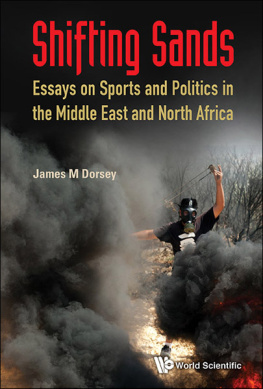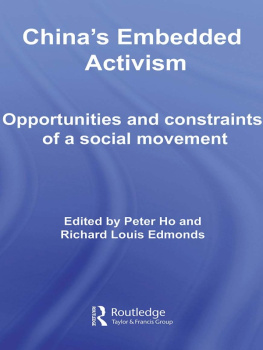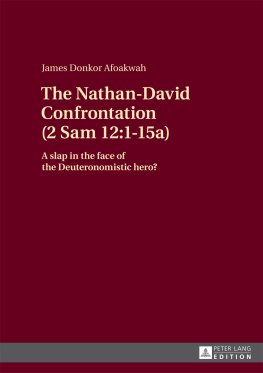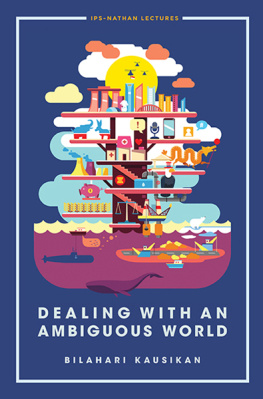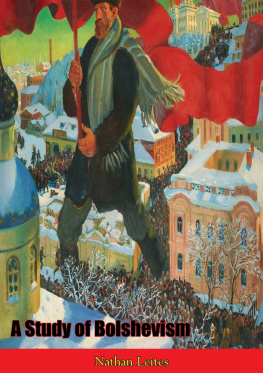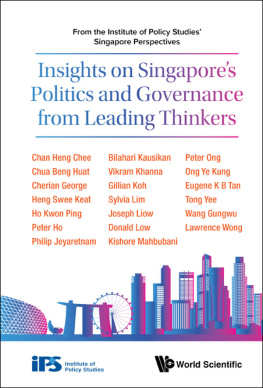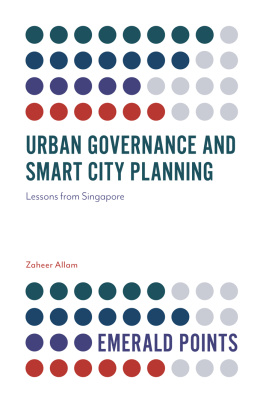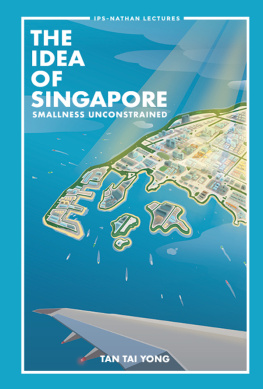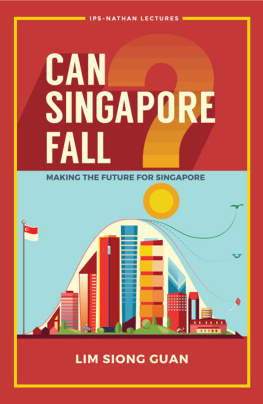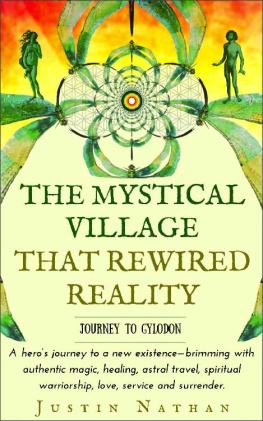Published by
World Scientific Publishing Co. Pte. Ltd.
5 Toh Tuck Link, Singapore 596224
USA office: 27 Warren Street, Suite 401-402, Hackensack, NJ 07601
UK office: 57 Shelton Street, Covent Garden, London WC2H 9HE
British Library Cataloguing-in-Publication Data
A catalogue record for this book is available from the British Library.
THE CHALLENGES OF GOVERNANCE IN A COMPLEX WORLD
Copyright 2018 by World Scientific Publishing Co. Pte. Ltd.
All rights reserved. This book, or parts thereof, may not be reproduced in any form or by any means, electronic or mechanical, including photocopying, recording or any information storage and retrieval system now known or to be invented, without written permission from the publisher.
For photocopying of material in this volume, please pay a copying fee through the Copyright Clearance Center, Inc., 222 Rosewood Drive, Danvers, MA 01923, USA. In this case permission to photocopy is not required from the publisher.
ISBN 978-981-3231-82-5
ISBN 978-981-3233-74-4 (pbk)
For any available supplementary material, please visit
http://www.worldscientific.com/worldscibooks/10.1142/10759#t=suppl
Desk Editor: Sandhya Venkatesh
Typeset by Stallion Press
Email:
Printed in Singapore
THE S R NATHAN FELLOWSHIP FOR THE STUDY OF SINGAPORE
AND THE IPS-NATHAN LECTURE SERIES
T he S R Nathan Fellowship for the Study of Singapore was established by the Institute of Policy Studies (IPS) in 2013 to support research on public policy and governance issues. With the generous contributions of individual and corporate donors, and a matching government grant, IPS raised around S$5.9 million to endow the Fellowship.
Each S R Nathan Fellow, appointed under the Fellowship, delivers a series of IPS-Nathan Lectures during his or her term. These public lectures aim to promote public understanding and discourse on issues of critical national interest.
The Fellowship is named after Singapores sixth and longest-serving President, the late S R Nathan, in recognition of his lifetime of service to Singapore.
Other books in the IPS-Nathan Lecture series:
The Ocean in a Drop Singapore: The Next Fifty Years
by Ho Kwon Ping
Dealing with an Ambiguous World
by Bilahari Kausikan
FOREWORD
A Kopitiam Karol
A sacred cow, a black elephant and a black swan Then they started talking.
The sacred cow, sleek, smug and self-satisfied, boasted, I am the spirit of Singapore past. Everyone worships me. I made Singapore a huge success. Who can argue with success?
Not wanting to be outdone, the black elephant stood up, an imposing presence that cast a large shadow over the table. He looked pointedly towards the sacred cow and boomed out, You are so yesterday! I am the spirit of Singapore present. Everyone sees me, yet they let me do whatever I want. I hold such a power over people. No one stands in my way.
The black swan then spoke with quiet menace, Both of you are irredeemable. You are beyond hope. I am the real spirit of Singapore yet to come. When I arrive, both of you will count for nothing, because I will unleash new, unknown and powerful forces that you cannot even imagine!
Hearing this noisy argument, the kopitiam owner, Buay Tahan, came up and said, Stop talking nonsense! None of you deserve a seat in my kopitiam. Mr Sacred Cow, you did not make our past! It was through the hard work of all Singaporeans that together we overcame our difficulties. We dared to defy conventional wisdom and take risks, to create the Singapore story. Mr Black Elephant, we know who you are! You belong in a zoo. Singaporeans are practical and pragmatic people. We are not fools. We will find you and your kind, lock you up, and throw away the key.
Buay Tahan continued, Mr Black Swan, I respect you, because you are the most dangerous of the lot. But we have learnt from dealing with the likes of Mr Sacred Cow and Mr Black Elephant that, despite the dangers that you pose, there is always opportunity if we are only brave enough to take the future into our own hands, imagine new possibilities and new worlds, and commit ourselves through action to translating hope into reality.
And with that, the sacred cow and the black elephant faded away. Only the black swan remained, nursing his cappuccino and pondering what he ought to do next. Buay Tahan then spoke directly to the black swan, and declared in a clear voice, Out with you. It is no longer business as usual. We are going to embrace change, because our future depends on it. We know that there are no guarantees for the future, but we are prepared to take and manage the risks of creating a Singapore of the future that is worthy of our forefathers.
On hearing that, the black swan flew out of the kopitiam, tracing a morose path, never to be seen again.
Thus ends the Kopitiam Karol, a fable of modern Singapore that compresses the essence of the four lectures contained in this book into a few paragraphs.
But of course, this fable carries the risk of oversimplification.
The modern public policy enterprise rests on four assumptions. First, the assumption of predictable order, where cause leads to effect. Second, which lends itself to a divide and rule approach, and explains the proliferation of agencies and bureaucracies as a standard response to emerging problems. Third, the assumption of linearity, that the past is prologue, and that the future is merely the present, plus or minus (x)per cent. And finally, that the public policy enterprise is mechanistic, where problems are unambiguous and solutions are optimal.
But complexity particularly increasing complexity that defines the world we live in today weakens the basis for all these four assumptions. This presents a huge challenge for governments and for good governance.
In an increasingly complex world, emergence, disruption and black swans are sources of anxiety. It is easy to feel helpless, as if we were flailing in ocean currents beyond our control. The geographer David Harvey, and Karl Marx before him, talked about the annihilation of space by time but the much more immediate present shock. Thinking about the future becomes very challenging when all our bandwidth is taken up in trying to cope with the surprises of today and changes in the present. Taking refuge in sacred cows and ignoring black elephants are some of the faulty responses resulting from an environment of increasing complexity and accelerating change.
An energetic spirit of courage and innovation transformed Singapore from Third World to First within two generations. But the road to the future cuts through the past and the present. The innovations of one generation run the risk of solidifying into a dogmatic and unthinking adherence to templates. At the same time, the policy solutions such as state-led industrialisation under the Winsemius Plan that worked very well for one phase of Singapores development, arguably locked us into a certain path with comparative under-development of our local small and medium enterprises and entrepreneurial ecosystem. Similarly, the better the government got at service delivery, the more the relationship between the government and the people became a transactional one, and perhaps even resulting in a sense of entitlement and learned helplessness.

